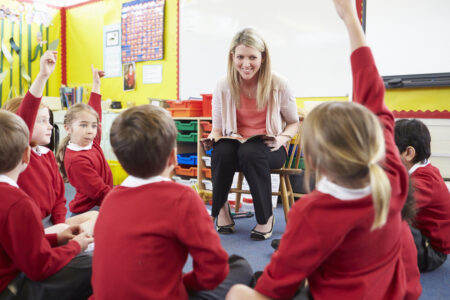
An east Auckland parent is expressing concern about the material to be taught in schools relating to relationships and sexuality.
The Ministry of Education (MoE) has provided guidelines to schools to assist in the preparation and delivery of sex education to pupils, which is part of the New Zealand Curriculum.
A 2020 MoE guide for teachers, leaders and boards of trustees on relationships and sexuality education (RSE) for pupils in years 1-8 states schools are encouraged to question “gender stereotypes and assumptions” about sexuality, including around gender norms, binaries, stereotypes and sex norms.
Identities that should be recognised and supported, according to the guidelines, include lesbian, gay, bisexual, queer, intersex and transgender people.
Among the “Suggested learning intentions” is a section that relates to teaching science.
It says a pupil should be able to “consider variations in puberty, including the role of hormone blockers”.
One local man, who wishes to remain anonymous and whose child attends Mellons Bay School, says a large number of parents attended the first RSE consultation meeting at the school with MoE staff earlier this year.
“I think there’s a lot of parents concerned with the guidelines. There’s a lot of jargon in there.
“The question is why has the guidelines allowed for some elements that seem very inappropriate for a primary school-aged child to be talking about? Why is it not left to another age bracket like college?”
The father wonders how a school will implement the guidelines, if teachers are trained to implement them, and if a teacher is deemed to not be capable or have the knowledge to do so, will an outside provider be called in to do it, and who that provider is.
He says he’s heard of a criteria requiring there to be at least one LGBTQI+ member on each school board of trustees.
MoE Hautu (Deputy Secretary) Te Tai Raro (North), Isabel Evans, says schools have a legal obligation to consult with their communities at least every two years about what and how RSE is taught.
“This means that learning reflects the specific values and needs of students, parents and whanau within the school community.
“Schools and kura have the flexibility to design their own local curriculum, guided by the national curriculum.”
Evans says there are no specific requirements for how and in what form these consultations take place, however they can include surveys, questionnaires, information evenings and other events so parents can raise concerns and ask questions.
There are no topics within RSE that schools must cover under the current New Zealand Curriculum, Evans says.
“In 2022, the Ministry released a suite of resources for educators to support a broad range of topics within RSE.
“These include topics young people have told us they wish to further engage with teachers and adults on.
“It’s expected teachers will lead RSE, as they know their students/akonga the best, however some schools might engage third-party providers and resources to strengthen their established health education programmes.”
Evans says parents and caregivers have the legal right to withdraw their child from RSE by written request to their school.
There are no specific criteria requiring school boards of trustees to include at least one LGBTQI+ person, she says.
“The school board co-option and appointment criteria have been updated under the Education and Training Amendment Act 2023.
“The changes to co-option criteria include considering the genders, sexualities, and sexes of the student body of the school and within the school’s community.”









